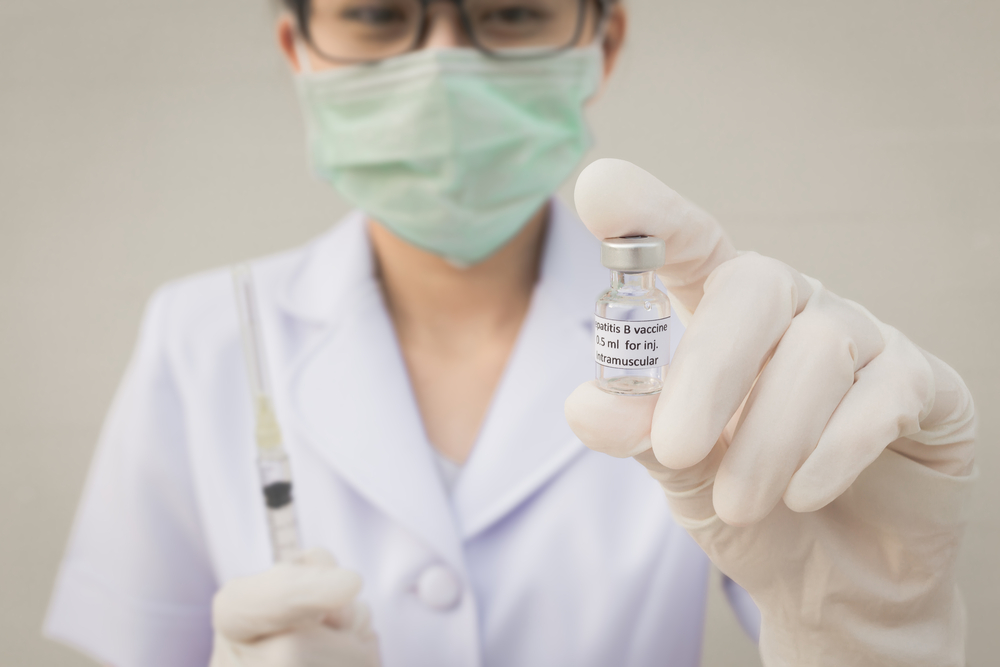Rite Aid Corp. agreed to implement a program to protect employees, including front-end customer service staff, against bloodborne pathogen (BBP) hazards at its approximately 370 New Jersey and New York stores, the Occupational Safety and Health Administration (OSHA) announced August 21.
The agreement follows an agency investigation opened in April 2022 after a retail employee at a Rite Aid location in Niagara Falls was instructed to clean up spilled blood in February 2022 following a customer injury.
OSHA and Rite Aid agreed to a stipulated settlement before the Occupational Safety and Health Review Commission. Rite Aid initially contested the agency’s citations for violations of the BBP standard before the review commission.
During its investigation, OSHA learned the employee hadn’t been offered a hepatitis B vaccine before the incident and that Rite Aid lacked an appropriate exposure control plan.
In fiscal year (FY) 2022, the BBP standard was the fourth most frequently cited standard in pharmacies and drug stores.
In its settlement agreement with OSHA, Rite Aid agreed to pay an amended $10,000 fine; withdraw its notice of contest; and take remedial actions at all its New Jersey and New York stores, including:
- Developing and implementing an exposure control plan with safety precautions for retail employees who may be required to clean up or otherwise handle blood or other potentially infectious materials at work;
- Training those retail employees about bloodborne hazards in the workplace, including all information that’s required by OSHA regulations regarding how employees can handle blood or other potentially infectious materials safely;
- Offering a hepatitis B vaccination series at no cost to all retail employees who may be required to clean up or otherwise handle or be exposed to blood or potentially infectious materials;
- Not requiring other retail employees not covered by the program to clean up or otherwise handle blood or potentially infectious materials and clearly instructing those employees on whom to contact for assistance if there is a blood spill or another incident requiring cleanup or handling;
- Having Rite Aid managers and third-party consultants monitor stores for compliance with the agreement’s requirements and reporting back to Rite Aid and OSHA about compliance; and
- Not retaliating against employees who express concerns or provide information about safety issues to managers or OSHA.
“Our settlement agreement with Rite Aid Corp. will significantly enhance safety for many of the company’s employees in hundreds of stores in the metro area and beyond,” Richard Mendelson, OSHA’s Region 2 administrator, said in an agency statement. “They have committed to making sure employees at its New Jersey and New York stores are trained and protected by the same safeguards that apply to employees whose job-specific duties require coverage under the bloodborne pathogen standards.”
The BBP standard protects workers who can reasonably be anticipated to come into contact with blood or other potentially infectious materials as part of their job duties. The standard’s requirements include exposure control plans, training, hepatitis B vaccination in the event of exposure, and other safeguards like engineering controls to prevent needlesticks and other sharps injuries.

